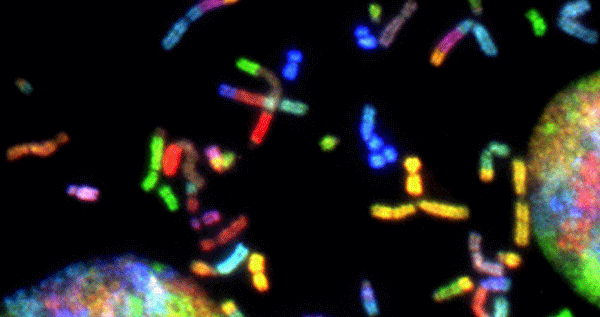Research Results Roundup
We are excited to share with you some of the great research results that have been published thus far. We are committed to keeping the community up to date on research findings, taking time to reflect and celebrate successes in the field of Fragile X-associated conditions and disorders.
Researchers: If you’ve recently published your scientific findings in a peer-reviewed journal, please share your work with us by emailing research@fragilex.org.
Cheers to the amazing scientific advancements in our field and the advancements to come. It would not be possible without your dedication, passion, and drive to make each day just a bit better.
Optimal Time Lags From Causal Prediction Model Help Stratify and Forecast Nervous System Pathology
Being able to identify and diagnose possible nervous system disorders by detecting gait problems 15 to 20 years before their clinical diagnosis could help advance treatment development and quality of life.
Prodromal Markers of Upper Limb Deficits in FMR1 Premutation Carriers and Quantitative Outcome Measures for Future Clinical Trials in FXTAS
This system could potentially predict FXTAS onset in premutation carriers who are not showing signs of FXTAS on a neurological exam.
A Human Forebrain Organoid Model of Fragile X Syndrome Exhibits Altered Neurogenesis
While there is promise for future treatments, utilizing this iPSC brain organoid model for future treatment development could prove to be successful.
Trajectories of Change in the Behavioral and Health Phenotype of Adolescents and Adults with Fragile X Syndrome and Intellectual Disability: Longitudinal Trends Over a Decade
This study shines a light on the need for better long-term support and care planning for individuals with Fragile X syndrome.
Raising Knowledge and Awareness of Fragile X Syndrome in Serbia, Georgia, and Colombia: A Model for Other Developing Countries?
Raising knowledge and awareness of Fragile X syndrome to medical professionals leads to direct benefits for families and individuals.
Parent Clinical Trial Priorities for Fragile X Syndrome: A Best-Worst Scaling
The aim of this study was to determine parents’ main priorities for clinical trials, at a time when the clinical trial opportunities are on the rise.
AI–Assisted Phenotype Discovery of Fragile X Syndrome in a Population-Based Sample
This study is important for later-diagnosed individuals as it creates successful predictive models that can identify cases five years earlier than clinical diagnosis.
Emergence of Developmental Delay in Infants and Toddlers With an FMR1 Mutation
Data from 8 unique studies speaks to the necessity of early identification of FXS, which leads to earlier, effective medical and non-medical interventions.
Questions?
If you have questions about anything research-related, we’d love to hear from you! You can reach out to Anna De Sonia directly, or submit your question or comment through our contact form below.

Anna De Sonia, Director of Research Facilitation
anna@fragilex.org
Last Updated: 06/04/2021









